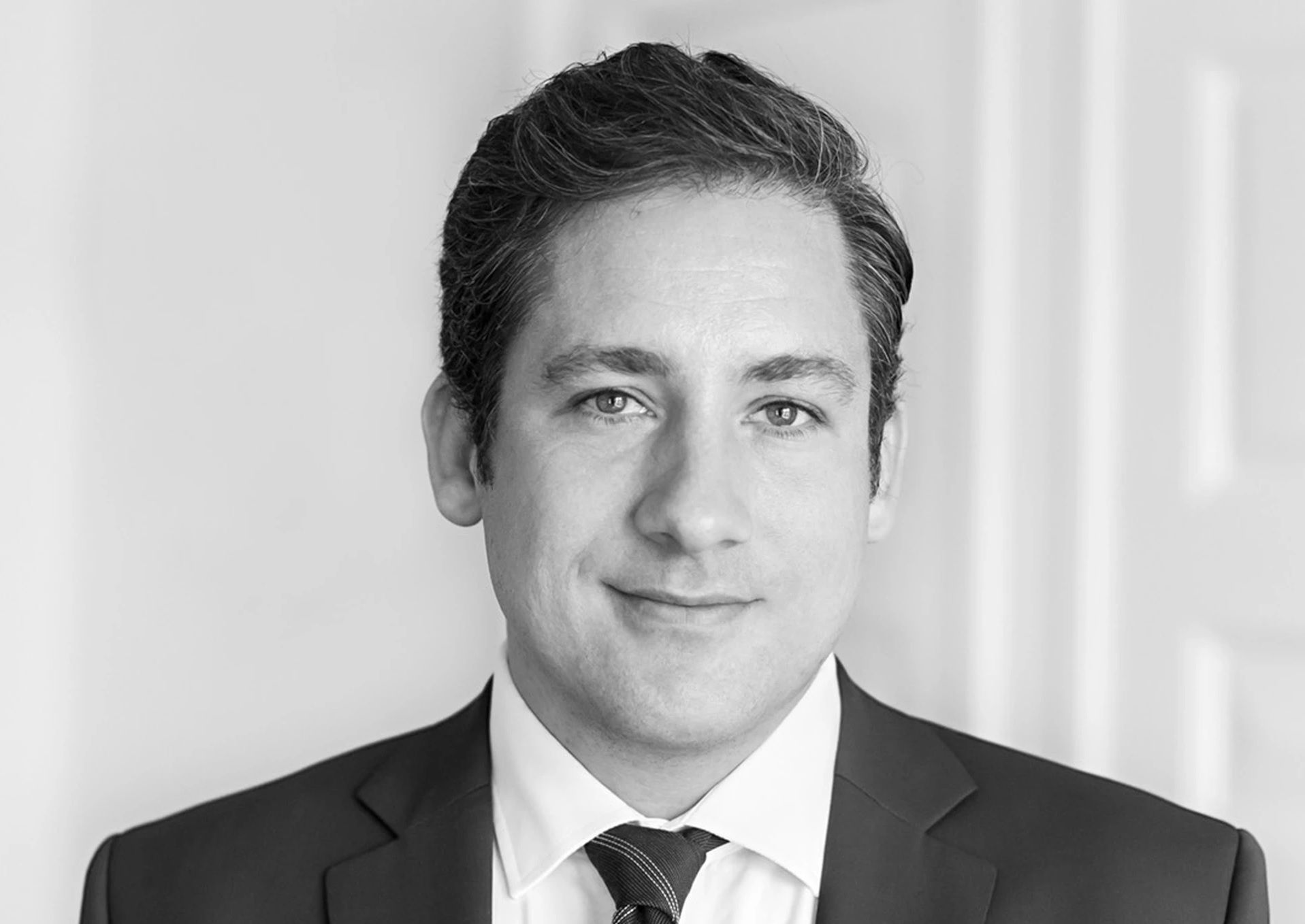The new rules announced earlier this month to give parliament more control over domestic intelligence agency PET are inefficient and will leave Denmark as one of the European countries with the least control over its intelligence agency.
That is the verdict of the liberal think-tank CEPOS.
"Even though Kontroludvalget [a parliamentary committee established in 1946 to oversee PET] is given more information than it is today, it will continue under the current scheme in which the committee is mainly informed about PET's overall actions without the opportunity to conduct proper and on-going controls, and without an real options to react," Jacob Mchangama, CEPOS's director of legal affairs, told Jyllands-Posten newspaper. "The committee needs to be given more teeth if it should carry out an effective control."
The new controls over PET were announced by the justice minister, Morten Bødskov (Socialdemokraterne), on January 11. Although he did not mention it by name, the new rules are largely seen as a reaction to the numerous revelations by former PET double agent Morten Storm, who claims to have infiltrated al-Qaeda and worked with PET and the CIA to assassinate the American-born terrorist Anwar al-Awlaki via a targeted drone strike in Yemen. Storm's story has generated immense domestic and international attention.
In 2011, the European Parliament examined the control organs that EU countries have in place over their intelligence agencies. It revealed that Denmark has some of the weakest oversight in Europe. According to Mchangama, even with the newly-announced changes, Denmark's oversight of PET will still lag behind mechanisms in place in other European countries.
"Kontroludvalget does not have direct access to documents and specific cases, as is the case in other countries," Mchangama told Berlingske newspaper. "The committee will now receive an annual statement on procedures such as wire-tapping and can request information on [PET's] activities and guidelines, but it is still just an orientation that the committee will not be able to verify. And even if the members of the committee discover something illegal, they cannot do anything."
The new PET rules were also criticised by Claus Juul, a lawyer with Amnesty International Denmark, who told Information newspaper that they do not go far enough.
"We were told that a new law was coming on PET," Juul said. "But in reality, there is a new law coming on one little element of PET's work. All of the things that would be found in a Morten Storm-like case, for example, would be out of the inspectorate's area."
Ole Hækkerup, a spokesperson for governing party Socialdemokraterne, told Jyllands-Posten that the new laws were designed to allow PET to work efficiently.
"There are other European countries that have more open systems, but that also causes some security problems and Denmark is high on the list of terrorist targets," Hækkerup said. "It is important to have an intelligence agency that can prevent attacks."















